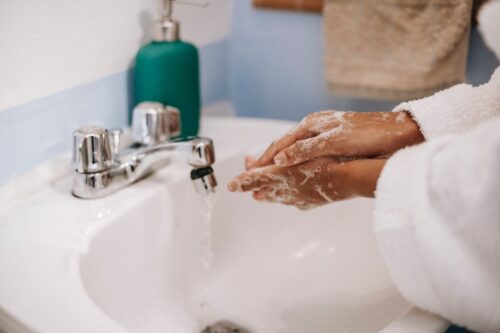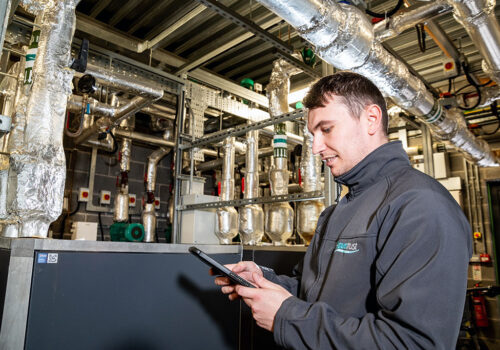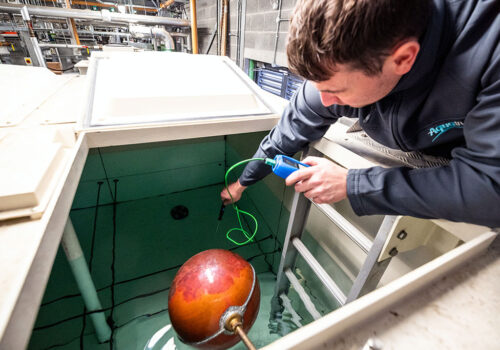Symptoms of Legionnaires’ disease
Legionnaires’ disease is a lung infection contracted by inhaling droplets of water where Legionella bacteria is present. It’s uncommon but it can be very serious. The symptoms of Legionnaires’ disease are similar to flu symptoms and covid-19, and include:
- Cough
- Difficulty breathing
- Chest pain
- High temperature
- Flu-like symptoms
- Pneumonia
Legionnaires’ disease is caused by the presence of Legionella bacteria in water. People catch it by breathing in small droplets of contaminated water in the air.
You can get Legionnaires’ disease from:
- Air conditioning systems
- Humidifiers
- Spa pools and hot tubs
- Swimming pools
- Showers and baths
- Taps that are not used often
- Steam from boilers or machinery
You cannot usually get it from:
- Drinking water that contains the bacteria
- Other people with the infection
- Ponds, lakes, and rivers
Get more information on the NHS website
Symptoms of Legionnaires’ disease can be very harmful. You should contact NHS 111 if you cannot breathe properly, have chest pain or severe flu symptoms.
If you display severe symptoms of Legionnaires’ disease you may be treated in hospital and a course of antibiotics is typically prescribed.

When to look out for symptoms of Legionnaires’ disease
You should always be aware of the risk of Legionella, and business owners/ leaders have a legal responsibility to ensure safe water at their organisations.
The risk is increased anywhere where steam and water vapour are present (e.g. spas, showers, boilers). When water has been sat stagnant for long periods, there’s a higher risk of Legionella bacteria building up.
Preventing Legionnaires’ disease at your organisation
Businesses should always have a Legionella testing and monitoring system in place. But, business owners have been warned by environmental health experts about the increased risk of Legionella following long periods of closure.
Salons, restaurants, and any other business with a water system are urged to carry out vital safety checks to avoid increasing the risk of the disease. The chance of bacteria forming is higher when water systems remain unused for long periods.

Legionella risk assessment
Every business or organisation with a water system needs to conduct a regular risk assessment including water testing to ensure water hygiene and safety. The person responsible is usually one of the following:
- The employer
- A self-employed person
- The person in control of premises or systems

What does Legionella water testing involve?
A qualified plumbing engineer visits your site to assess your water system, water quality, and treatment processes. We test the water for the presence of Legionella bacteria and look at how water is stored and used.
You receive an easy-to-understand report confirming your compliance and recommending any remedial works or further checks to carry out.
Here are the industries we serve:
- Local councils
- Housing associations
- Care homes
- Healthcare
- Education
- Leisure and hospitality
- Manufacturing and engineering
- Facilities management
Are you looking for a water treatment company to help your business or organisation stay safe and compliant? Get in touch with our team to find out what water treatment services are required to keep your business compliant.

